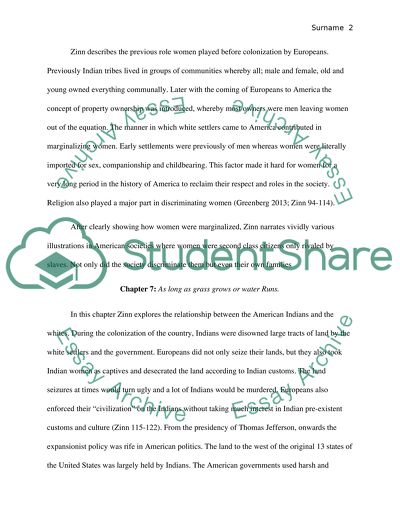Cite this document
(“A people's history of the United States by Howard Zinn Book Report/Review”, n.d.)
Retrieved from https://studentshare.org/literature/1471157-a-peoples-history-of-the-united-states-by-howard-zinn
Retrieved from https://studentshare.org/literature/1471157-a-peoples-history-of-the-united-states-by-howard-zinn
(A people'S History of the United States by Howard Zinn Book Report/Review)
https://studentshare.org/literature/1471157-a-peoples-history-of-the-united-states-by-howard-zinn.
https://studentshare.org/literature/1471157-a-peoples-history-of-the-united-states-by-howard-zinn.
“A people'S History of the United States by Howard Zinn Book Report/Review”, n.d. https://studentshare.org/literature/1471157-a-peoples-history-of-the-united-states-by-howard-zinn.


